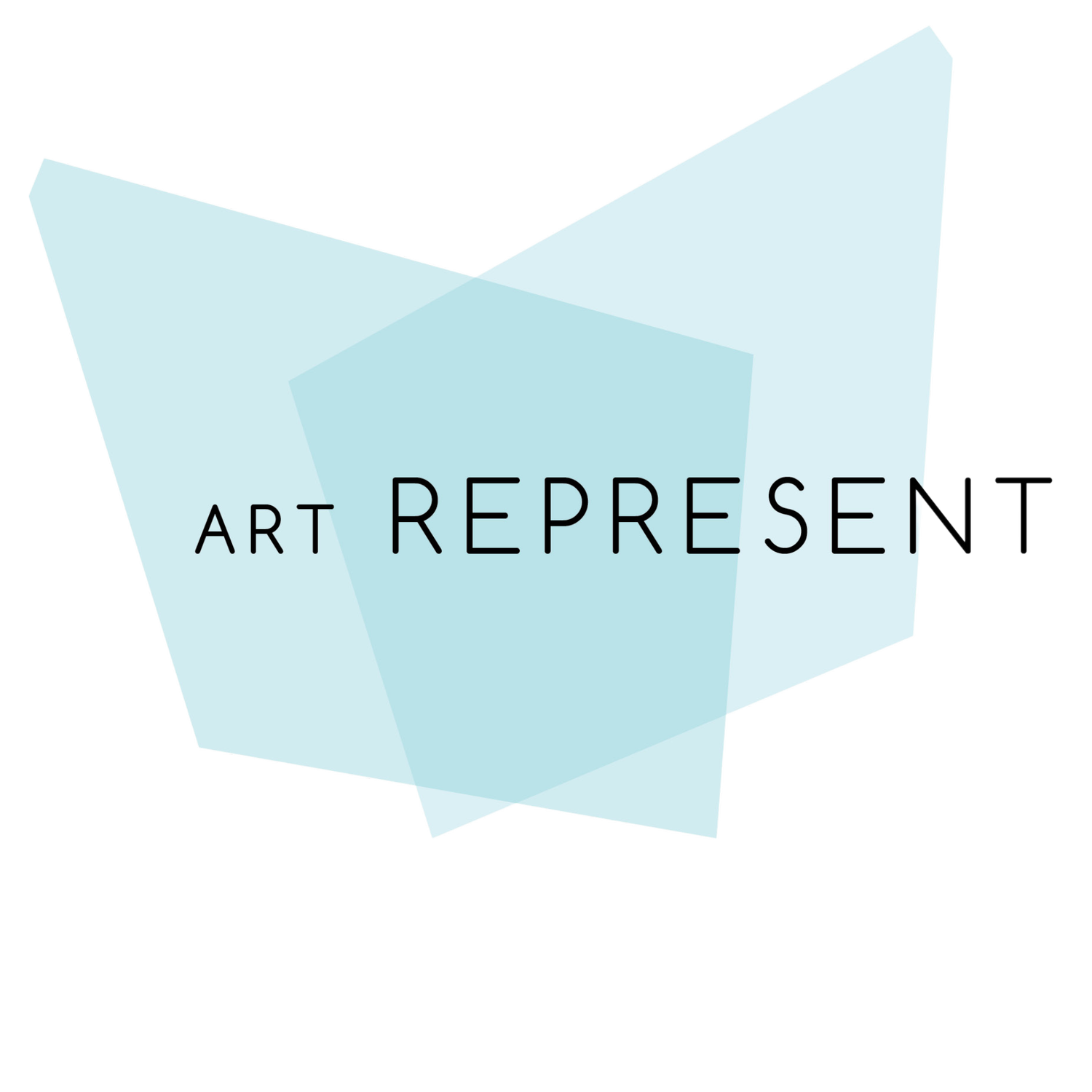In her upcoming exhibition with Art Represent (dates TBC), Venezuelan artist Violette Bule will be exploring the complexities surrounding migration in the US with her signature dose of dark humour. Currently an immigrant in New York City, Bule draws on her personal experiences for inspiration, and her exhibition is set to address the treatment of migration in American society at large, particularly in the context of the forthcoming US presidential elections which has seen widespread focus on this sensitive area.
This month's newsletter is dedicated to the merger between the artist and the business owner. We look at how to navigate through the complex art ecosystem to create more value, the relationship between ethics and the market, as well as the power of social media when mixed with conflict and art. It is my belief that by innovating the way we create and sell art, we can develop true sustainability and empower the role of artists.
The exponential growth of new forms of media in the early years of the 21st Century has perhaps defined our generation like nothing else, and in the context of the contemporary art world, the likes of Instagram and Facebook are becoming increasingly valuable tools for identifying emerging talent. Given the worldwide use of the internet, it could also be argued that the art world has undergone something of a democratization process in recent times, whereby non-Western artists, traditionally marginalised by the markets and institutions of the West, are able to share and promote their works more successfully than ever before.
Zooming in on contemporary art in particular, the value-differences between artists become even more extreme, and while there are a lucky few artists who operate at the top of the market, the majority of the contemporary artists will probably never be able to sell their works at that price level, and this has everything to do with the ecosystem in which the contemporary art world operates.
Q&A: Maria Kulikovska
Nominee for the Saatchi Gallery's prestigious UK/Raine competition, Maria Kulikovska is an undeniable talent. Her politically-motivated 'art actions' have established her reputation as one to watch in the contemporary art world, and her story is truly inspiring. Read the extended interview, in which Maria reveals more about her practice, her most recent projects and what inspires her creations.
Admitting immigration into our moral imagination
by LSE Professor Dr Shani Orgad
The media play a fundamental role in feeding how we imagine migrants and in our failure to recognise them. Media representations constitute perhaps the most significant symbolic resources that people draw on to make sense of and make judgements about migration and migrants. So how are we invited by contemporary media images and narratives to imagine migrants? How might we imagine them differently? Read more...
I Am Sun Mu
Having been trained as a propaganda artist in North Korea, Sun Mu fled his hometown to avoid famine. He arrived in Seoul in 2001 and was unwilling to give up his trade as an artist. However, he was unsure how his training and style would be relevant in his new surroundings. It was after a while that the artist realised that the same treatment he used to glorify North Korea’s leaders on propaganda posters back home would, when shown in a different context, result in an ironic critique of the nation that suppresses its people. Read more...
Maria Kulikovska: Recreating The Artist's Body in Soap
In her work, Maria uses her body and natural materials such as salt, milk and sugar to comment on the perpetuation, transformation and decay of the human form. With a background in architecture, she also uses unconventional materials to deal with ideas of production, construction and deconstruction. Read more...
Malina Suliman: First Visit to London
Art Represent launched its inaugural exhibition in May this year titled Beyond The Veil – A Decontextualisation with Afghan street artist Malina Suliman. After months of preparations, the exhibition launched to great fanfare but visa issues kept Malina from coming to London. In August, we were finally able to bring her over and we wanted to share the experience with you. Read more…
Guest contributor Paniz Musawi Natanzi provides an academic insight into the way in which gender influences female artists in contemporary Tehran. Through this examination, she also looks at how feminist scholarship and journalism can avoid repeating colonialist narratives, when looking at Middle Eastern modern and contemporary art. Read more...
















